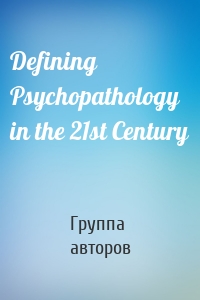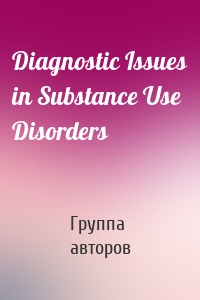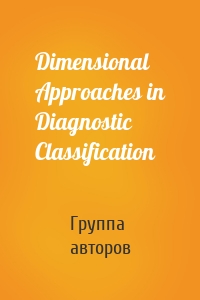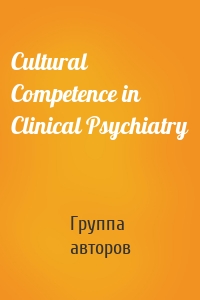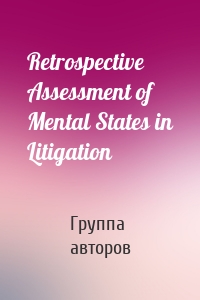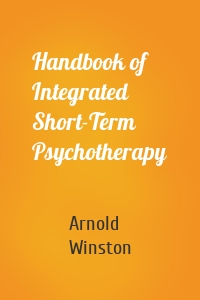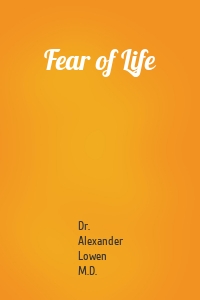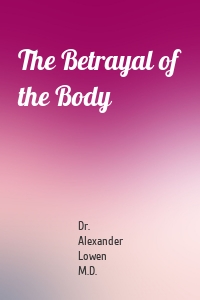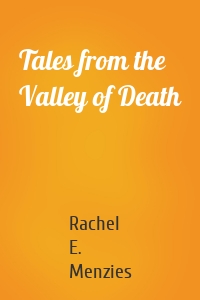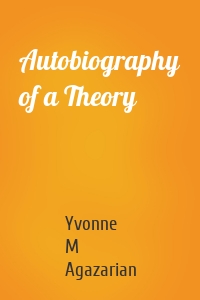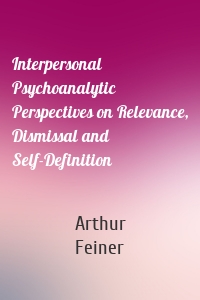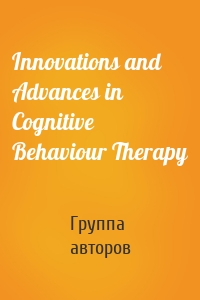Психотерапия и консультирование
1223 кн. This City Is Killing Me
When Jonathan Foiles was a graduate student in social work, he had to choose between a mental health or policy track. But once he began working, he found it impossible to tell the two apart. While helping poor patients from the South and West sides of Chicago, he realized individual therapy could not take into account the importance unemployment, poverty, lack of affordable housing and other policy decisions that impact the well-beings of both individuals and communities. It is easy to be...
| Автор | Jonathan Foiles |
Fear of Life
Fear of Life is an in-depth study of the human condition within modern culture. Alexander Lowen challenges conventional thinking and contends that neurotic behavior stems from a fear of life, and represents the individual’s unconscious effort to overcome that fear. But one cannot do so. One can only suppress or deny it, at the cost of spontaneity and being at ease. Lowen explains that being a person requires that one stop their frantic doing, and take time out to breathe and to feel. If...
| Автор | Dr. Alexander Lowen M.D. |
The Betrayal of the Body
The Betrayal of the Body is Alexander Lowen’s pioneering study of the mind-body split. Lowen describes the way people deny the reality, needs, and feelings of their bodies. This denial leads to the development of the division between mind and body, creating an over-charged ego obsessed with thinking at the expense of feeling and being. This book illustrates the energetic factors behind the split, the factors that produce it, and the proven therapeutic techniques that are available to treat...
| Автор | Dr. Alexander Lowen M.D. |
Tales from the Valley of Death
The dread of death is a problem nearly as old as time itself. Our awareness of our own mortality has been famously referred to by William James as ‘the worm at the core’ of human existence, lingering in the shadows of our daily lives. It is something we must all grapple with. Yet, increasing scientific evidence suggests that ‘death anxiety’ may lie at the heart of a multitude of mental health conditions, driving numerous clinically-relevant behaviours. What can we learn about confronting...
| Автор | Rachel E. Menzies |
The Act of Living - What the Great...
For most of us, the major questions of life continue to perplex: Who am I? Why am I here? How should I live? In the late nineteenth century, a class of thinkers emerged who made solving these problems central to their work. They understood that human questions demand human answers and that, without understanding what it means to be human, there are no answers. Through the biographies and theories of luminaries ranging from Sigmund Freud to Erich Fromm, Frank Tallis shows us how to think about...
| Автор | Frank Tallis |




